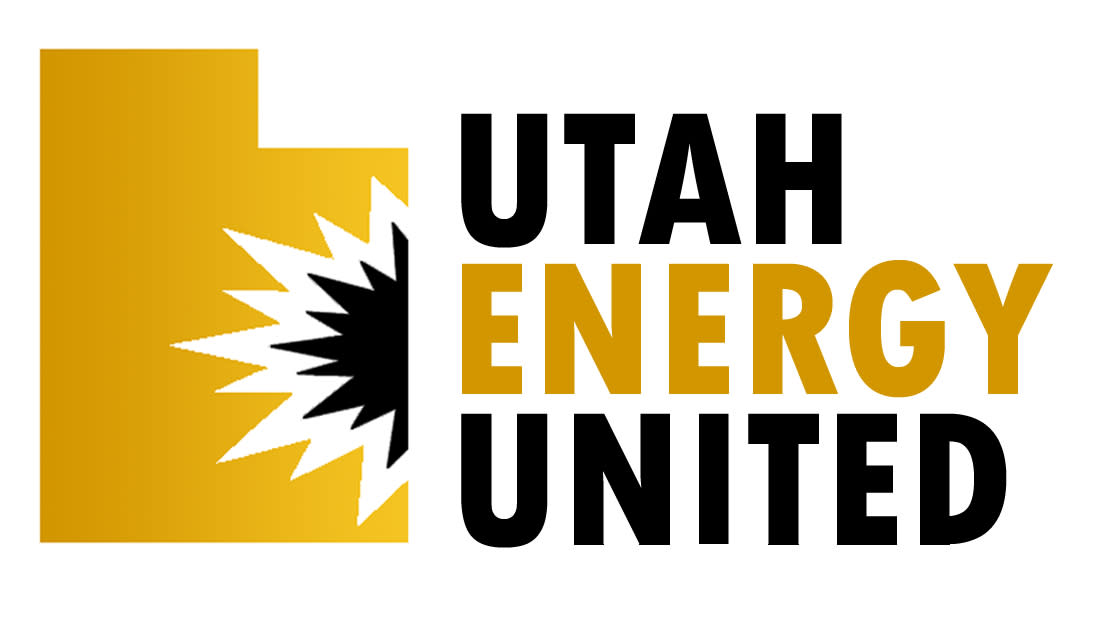|
|
|
|
Greetings, Utah Energy United!
A good movie and better thought experiment is the 1998 film Sliding Doors starring Gwyneth Paltrow where the basic premise is that the main character’s life would be dramatically different based on whether or not she caught a particular subway train (or “tube” considering this movie takes place in London). The movie forks at this point and we follow both stories to their respective conclusions to see how differently the character’s life would look based on the outcomes of one seemingly inconsequential moment.
Taking this basic framework, and focusing on something that is anything but inconsequential, energy research consultants Thunder Said Energy (TSE) analyzed what the United States would look like if the ramping up of shale development never happened. A big thank you to AXPC for their own summary of the exercise, which we found thanks to one of their posts on X.
So, what would have happened if the U.S. shale revolution never happened?
In short, everything would have been more expensive over the last 20 years, our environmental outcomes would be worse because we wouldn’t have switched to natural gas for power generation, and we would be more beholden to foreign oil. From the AXPC blog post about this:
In 2005, the United States was importing 31% of its total energy needs—an all-time peak that left the economy vulnerable to foreign supply disruptions and geopolitical instability. Energy import dependence meant that foreign policy decisions were inevitably colored by the need to maintain access to overseas oil and gas. The shale boom reversed this trajectory dramatically.
We won’t give away too much more here because Thunder Said Energy is selling this analysis (which you can purchase for yourself or your organization right here), but AXPC summarizes things concisely:
The shale revolution represents one of the most significant economic transformations of the 21st century. The $800 billion in annual direct savings, avoided inflation, emissions reductions, geopolitical security—these translate into real improvements in the purchasing power and economic security of every American… The alternate scenario—the one where shale never happened—serves as a reminder of what’s at stake when energy policy gets it right and what we risk if we take these gains for granted.
This exercise is a good reminder that so many times in our industry, whether we’re talking about new policies, new technology adoption, or any of a dozen other things, we face Sliding Doors-type moments that will impact us all. We can reflect on the shale revolution as one of the best outcomes of this type of situation. While we are often not the decision maker in these situations, we do our best with every policy presented before us to consider and inform on both potential outcomes and hope that decision makers ultimately choose the best path.
Thank you for your continued engagement with Utah Energy United. Happy Friday!
Be sure to follow us on X, Facebook, and LinkedIn. And if you know someone who should be a part of Utah Energy United, get them to sign up here.
Rikki Hrenko-Browning |
|
|
Thank you for your many efforts! |

